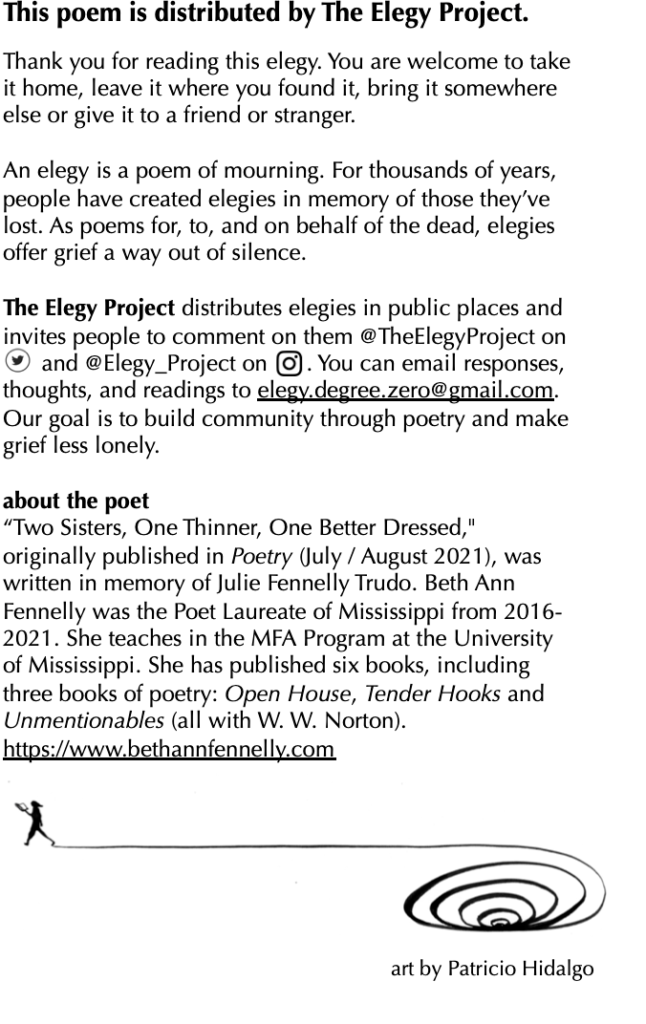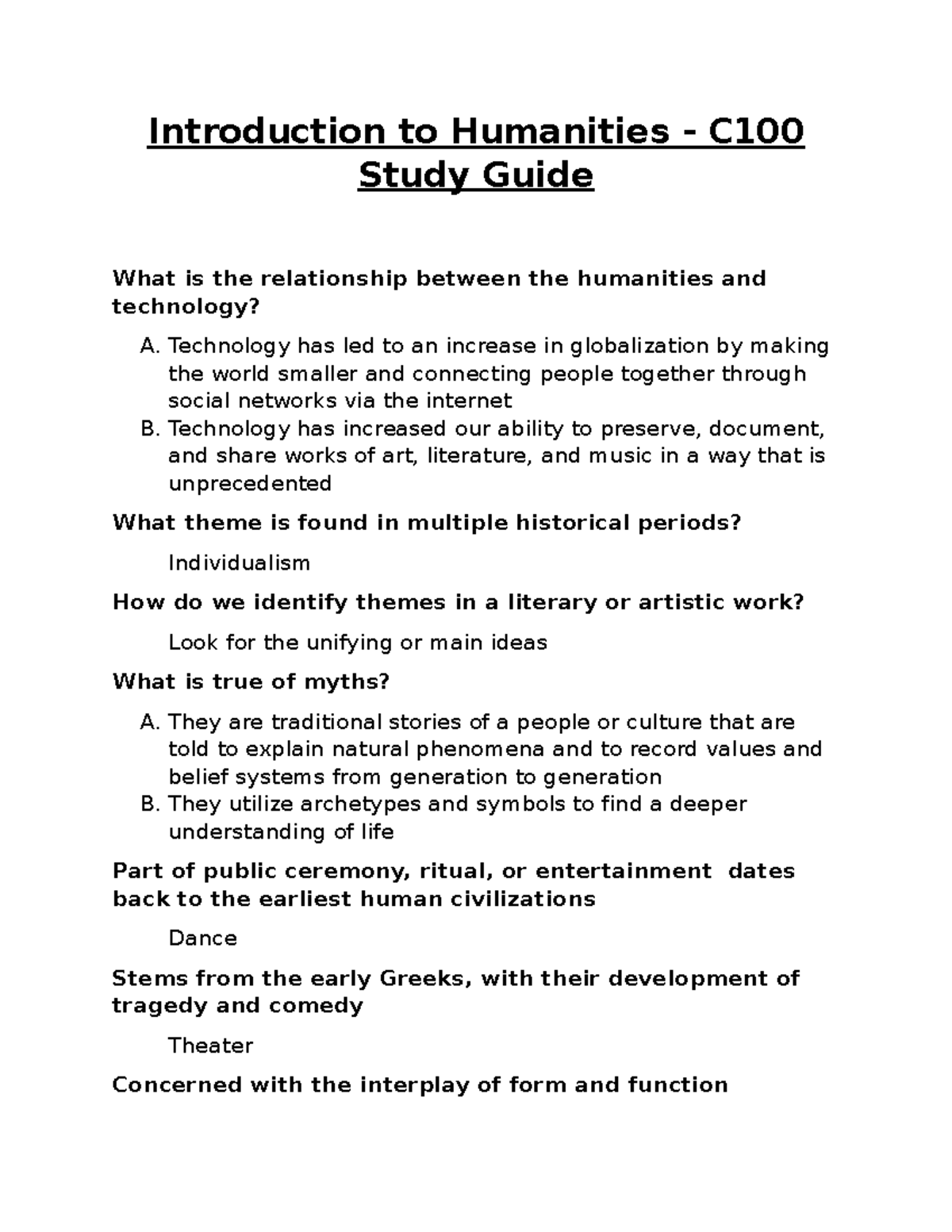The Elegy Project offers a profound exploration into the nuances of grief and poetry, combining personal reflection with communal creation in a unique workshop format. Hosted within Harvard’s Woodberry Poetry Room, this initiative invites participants from various walks of life to engage with the rich tradition of elegy—a poetic form traditionally focused on mourning and remembrance. Led by Karen Elizabeth Bishop and David Sherman, the Elegy Project aims to transform loneliness into a shared experience, fostering connections through the written word. In a society where loss is often hidden, this project encourages individuals to channel their emotions into creative writing, creating a supportive poetry community. Through the Elegy Project, attendees not only honor their feelings but also learn the beauty of collective healing through art.
The project known as the Elegy Initiative is a creative writing effort that seeks to engage individuals in the act of crafting poetry that resonates with themes of loss and reflection. By emphasizing the significance of shared grief within the framework of a poetry workshop, it draws participants from diverse backgrounds to explore their personal stories through artistic expression. This collaborative format helps deepen connections among attendees, inviting them to articulate their feelings in a community setting. Activities in the workshop are designed to inspire and invigorate the poetic process, enabling participants to confront the complexities of human emotions. The Elegy Initiative highlights not just the act of mourning but also the celebration of life through the lens of poetry.
Understanding Elegy in Poetry
Elegy is a powerful form of poetry that serves to honor the deceased and to express the profound emotions tied to loss and remembrance. Traditionally, elegies emerge from the depths of personal sorrow, allowing the poet to vocalize feelings that may otherwise remain unspoken. In the context of the Elegy Project, poets gather to reflect on their experiences of grief, particularly influenced by the losses experienced during the pandemic. This initiative encourages participants to articulate their feelings through creative writing, utilizing the structured environment of a workshop to explore their emotional landscapes.
The emotional weight of elegy resonates deeply, as it encompasses a wide range of sentiments from mourning to celebration. Poetry communities like the one fostered by the Elegy Project provide a supportive space for individuals to share their unique elegiac expressions. This collaborative effort not only emphasizes the universality of grief but also serves as a cathartic outlet, enabling poets to connect their personal experiences to wider themes of human existence. By engaging in this dialogue, participants can create a tapestry of voices that reflects the collective human experience surrounding loss.
The Elegy Project and Its Impact
Launched as a response to the feelings of isolation and sorrow brought by the pandemic, the Elegy Project stands out as a beacon of communal healing through literature. Organized in collaboration with the Woodberry Poetry Room, this initiative seeks to combat the loneliness that often accompanies grief by fostering connections among writers and participants. By distributing poem cards in public spaces, the Elegy Project invites strangers to engage with poetry, transforming personal sorrows into shared experiences. The project serves as a reminder that while grief can feel isolating, poetry has the power to unite individuals in their emotional journeys.
The Elegy Project has not only facilitated workshops but has also provided an avenue for exploration and creativity from a diverse range of participants, from aspiring poets to seasoned writers. Through structured prompts and access to the rich resources of the Woodberry Poetry Room, individuals are encouraged to delve into their creativity and share their elegiac reflections. This approach demonstrates the project’s commitment to inclusivity within the poetry community, reminding all that poetry is a universal language that anyone can contribute to. By creating dynamic dialogues between participants and inviting discussions about grief and loss, the Elegy Project enriches the collective understanding of elegy and its role in healing.
The Role of Workshops in Poetry Development
Workshops like those offered by the Elegy Project play a crucial role in the development of both novice and experienced poets. By providing a structured environment, these workshops alleviate the pressure often associated with creative writing, especially when tackling themes as heavy as loss and grief. Participants are introduced to various texts and poetic forms, enhancing their understanding of elegy as not just a genre, but a vital human response to mortality. The encouraging atmosphere fosters creativity and exploration, allowing writers to engage deeply with their emotions and experiences.
Furthermore, these workshops emphasize collaboration and communal learning, bridging the gap between individual writing endeavors and collective artistic expression. As diverse voices come together, participants benefit from shared insights and critiques, which can significantly enhance their writing skills. With the guidance of experienced facilitators like Karen Elizabeth Bishop and David Sherman, writers learn to navigate their creative blocks and overcome the challenges posed by personal narratives, especially as they relate to their experiences of grief. This makes the workshops not just about writing; they become a shared journey towards understanding the complexities of human emotions through poetry.
Exploring Grief through Poetry
Grief is an inevitable part of the human experience, and poetry offers a unique platform through which individuals can explore and articulate this complex emotion. The Elegy Project emphasizes the therapeutic nature of poetry, allowing writers to process their feelings of loss in a supportive community. Through guided prompts and the sharing of personal narratives, participants are encouraged to confront their grief head-on, transforming their pain into creative expression that resonates with others.
By focusing on themes of grief in poetry, participants gain insights into their own experiences while also learning from the collective stories of others. This process not only aids in personal healing but also cultivates empathy among participants, fostering connections that can help reduce the feelings of isolation often associated with loss. The workshops presented by the Elegy Project challenge the notion that grief must be faced alone, instead highlighting the power of community and shared expression in navigating life’s most difficult moments.
Creative Writing and Public Engagement
The Elegy Project integrates creative writing with public engagement, demonstrating how poetry can transcend private spaces and enter public consciousness. By placing poem cards in everyday locations, the project invites strangers to interact with poetry in moments of vulnerability. This innovative approach not only encourages individuals to reflect on their own experiences with grief but also fosters a collective dialogue about loss and remembrance within the broader community.
The intersection of creative writing and public art challenges traditional notions about authorship and access to poetry. It emphasizes that poetry should not be confined to the walls of bookstores or academia; rather, it belongs in the communal spaces of everyday life. This outreach reinforces the project’s goal of making poetry accessible to everyone, regardless of their background or experience. The Elegy Project exemplifies how creative writing can cultivate social connections and promote dialogue about essential human experiences, turning isolated feelings of grief into shared storytelling.
Incorporating Elegy Themes into Personal Writing
Incorporating themes of elegy into personal writing allows individuals to reflect authentically on their experiences of loss. For poets involved in the Elegy Project, crafting elegies becomes a deeply personal act that serves both as a tribute to those lost and as a means of understanding their emotional landscapes. By examining their thoughts and feelings surrounding death, participants can create works that resonate not only with their own stories but also with the universal struggle of grappling with mortality.
The process of writing elegies can serve as a reflective exercise that encourages individuals to confront their grief, explore their memories, and ultimately find solace in their words. As poets engage with their losses through writing, they often discover new avenues for emotional release, allowing them to heal in the process. This creative journey emphasizes the importance of vulnerability in artistic expression, enabling individuals to forge deeper connections with their readership by bravely sharing their authentic experiences.
Community and Connectivity in Poetry
Community plays a vital role in the success of poetry initiatives like the Elegy Project. By bringing together diverse voices and experiences, these workshops create a rich tapestry of shared stories that reflect the complexities of grief. Participants find kinship with others who have navigated similar emotional landscapes, fostering a sense of belonging and understanding that enhances their writing process. The collaborative nature of these workshops reinforces the idea that poetry is not just an individual pursuit but a communal practice that thrives on interaction and mutual support.
The connections formed during these workshops often extend beyond the immediate act of writing. Participants may cultivate friendships and networks within the poetry community, empowering one another to share their work and inspire creativity. By engaging in this shared literary space, poets contribute to a collective body of work that captures the nuances of human emotion. Through the Elegy Project, individuals can find support in their struggles with grief while simultaneously enriching the larger discourse on mortality and remembrance within the arts.
Promoting Accessibility to Poetry
One of the central tenets of the Elegy Project is the promotion of accessibility to poetry for all individuals. Workshops like those organized by Karen Elizabeth Bishop and David Sherman break down barriers that often keep people from engaging with creative writing. By providing free resources, encouraging participation from a wide demographic, and facilitating shared experiences, the project empowers individuals to express their voices and explore themes of grief through their poetry.
Accessible poetry initiatives help democratize literary expression, allowing everyone to see themselves in the art they consume and create. The Elegy Project exemplifies this philosophy by actively reaching out to individuals who may feel disconnected from poetry, encouraging them to participate in the writing process. This engagement nourishes a culture where poetry is valued as a means of personal and communal reflection, enabling all to contribute to the ongoing dialogue about grief, loss, and resilience.
The Future of the Elegy Project
Looking ahead, the Elegy Project continues to evolve, expanding its reach and deepening its impact on the poetry community. As it gains momentum, the project aims to implement additional workshops and events that allow for broader participation. By maintaining an open dialogue with community members, the Elegy Project can tailor its offerings to better serve the unique needs of those grappling with grief and loss. The commitment to fostering connections through poetry remains at the forefront of its mission.
The future of the Elegy Project also lies in its ability to adapt and innovate, drawing on the diverse insights of its participants. As new voices contribute to the conversation about grief and remembrance, the project can help cultivate a rich archive of poetic expressions that reflect the varied human experiences surrounding loss. This dedication to inclusivity and accessibility will continue to define the project’s legacy, ensuring that it remains a vital resource for those seeking solace and connection through the art of poetry.
Frequently Asked Questions
What is the Elegy Project and how does it relate to the poetry community?
The Elegy Project is a public poetry initiative that aims to connect individuals through the shared experience of grief and loss, inspired by the tradition of elegy. It fosters community engagement by encouraging people to write, share, and reflect on their emotions in a supportive environment. This project, initiated by Karen Elizabeth Bishop and David Sherman, utilizes workshops and public poetry distribution to make poetry accessible and to demonstrate that grief is a universal experience that does not have to be navigated in solitude.
How does the Elegy Project incorporate creative writing to address grief?
The Elegy Project incorporates creative writing workshops that allow participants to explore their feelings of grief through the lens of poetry. By utilizing prompts and resources from the Woodberry Poetry Room, participants craft their own elegies, engaging with their personal experiences and emotions. This collective writing process not only provides a therapeutic outlet but also builds a supportive community around poetry and shared experiences of loss.
What role does the Woodberry Poetry Room play in the Elegy Project?
The Woodberry Poetry Room serves as a key collaborator and venue for the Elegy Project, providing space for workshops and the resources necessary for participants to engage in creative writing. The Poetry Room’s rich collection of literary works, alongside the expertise of workshop leaders, enhances the experience for those looking to explore themes of grief and elegy. This partnership emphasizes the importance of poetry in healing and community building.
Can anyone participate in the Elegy Project workshops, and what can they expect?
Yes, anyone interested in exploring poetry and themes of grief can participate in the Elegy Project workshops. Participants can expect a welcoming environment where they can write elegies, share their work, and connect with others who may be experiencing similar feelings of loss. The workshops offer structured prompts and support from experienced poets, encouraging creativity and fostering a sense of community.
What inspired the creation of the Elegy Project during the pandemic?
The Elegy Project was inspired by the loneliness and grief many experienced during the pandemic. Recognizing a need for connection and expression, founders Karen Elizabeth Bishop and David Sherman sought to create a space where individuals could share their feelings through poetry. They aimed to demonstrate that while grief can feel isolating, poetry can serve as a powerful tool for connection and understanding.
How does the Elegy Project make poetry more accessible to the public?
The Elegy Project enhances public access to poetry by distributing poem cards in various public spaces and organizing workshops that are open to all. By putting poetry in unexpected places and holding inclusive events, the project encourages people to engage with poetry outside traditional settings. This approach aims to make grief and the expression of emotions more communal and less isolating.
What benefits do participants of the Elegy Project receive from engaging in workshops?
Participants in the Elegy Project workshops gain several benefits, including the opportunity to express their emotions creatively, receive guidance from experienced poets, and connect with others who share similar experiences. These workshops provide a structured yet open setting for exploring poetry, which can help alleviate the pressures associated with writing and promote emotional healing through shared catharsis.
| Key Point | Details |
|---|---|
| What is the Elegy Project? | A public poetry initiative aimed at helping people process grief and loneliness, started by Karen Elizabeth Bishop and David Sherman. |
| Workshop Overview | Participants engage in writing, reading, and workshopping elegies in a community setting, utilizing prompts and collections from the Poetry Room. |
| Artistic Collaboration | The project collaborates with various poets and institutions, including a recent reading by Peter Gizzi. |
| Fact about Elegy | Elegy is a poetic form that honors loss and grief, allowing individuals to express their emotions surrounding death. |
| Community Engagement | The Elegy Project emphasizes making poetry accessible to all, encouraging public participation and interaction with literary works. |
| Impact of COVID-19 | The project was initiated in response to the loneliness caused by the pandemic, aiming to connect individuals through shared experiences of grief. |
| Future Prospects | The Elegy Project continues to evolve with workshops aimed at gathering diverse participants and rebuilding community through poetry. |
Summary
The Elegy Project is a transformative initiative that not only addresses the profound feelings of loss and loneliness exacerbated by the pandemic but also fosters community through poetry. By creating an engaging environment for individuals to craft elegies, the project serves as a vital reminder of our shared humanity in the face of grief. Workshops like this empower participants to express their emotions, connect with others, and embrace the healing power of words. Ultimately, the Elegy Project sheds light on the universal experience of mourning while promoting the beauty and accessibility of poetry.



